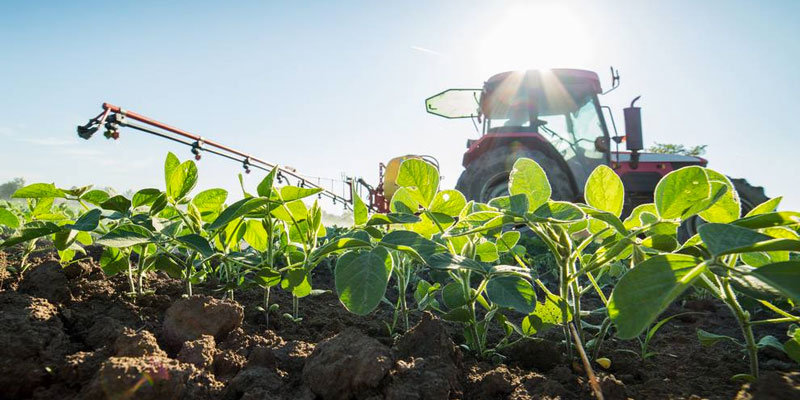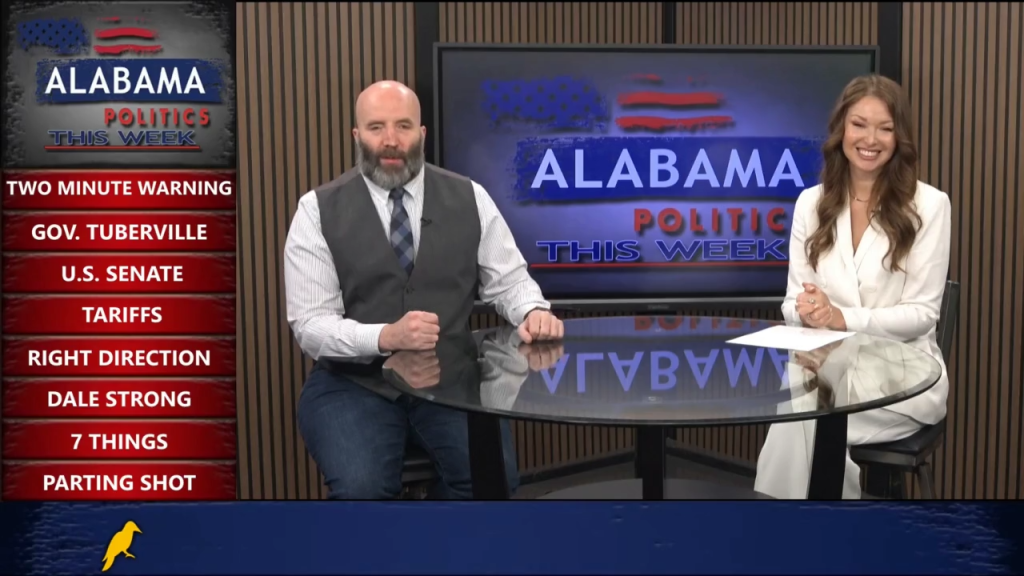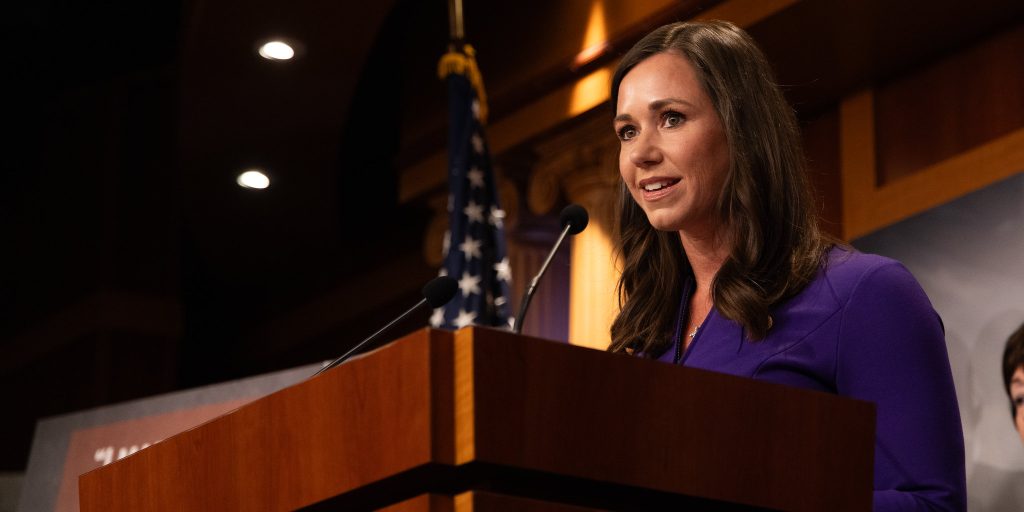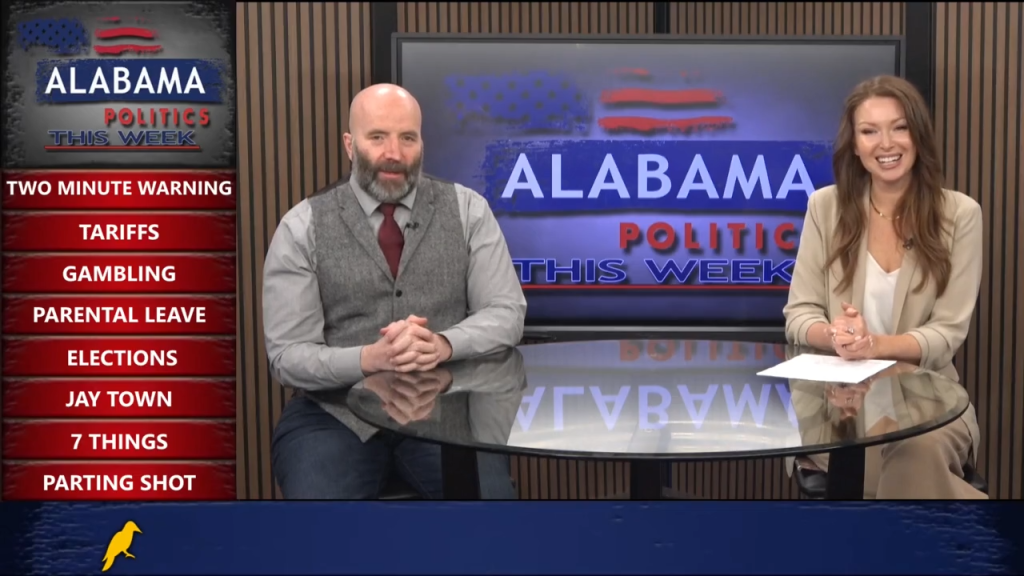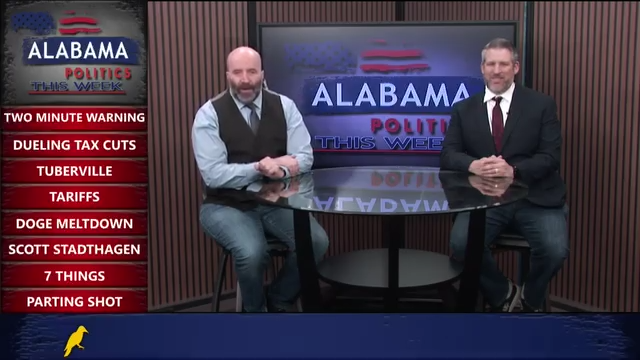Alabama farmers bracing for tariffs expressed support for a $12 billion aid package announced by President Donald Trump’s administration this week, but some economists warn that a trade war could be costly.
U.S. Agriculture Secretary Sonny Perdue announced the relief on Tuesday.
John McMillan, the commissioner of the Alabama Department of Agriculture and Industries, said dairy and pork producers represent a fairly small share of the state’s agriculture exports and that cotton prices actually up. But he added that soybean prices have been depressed.
“Today, it looks like soybean providers are going to be the biggest beneficiaries in Alabama,” he said.
Soybeans ranked as Alabama’s 15th most valuable export in 2017, according to the U.S. Census Bureau, although the $210 million figure was down five percent from 2014. Chicken products accounted for another $165 million in exports.
The Alabama Farmers Federation also expressed support for the Trump administration’s actions.
“We appreciate President Trump’s administration recognizing the impact intense trade negotiations are having on U.S. farmers and providing assistance to weather tough economic times,” the group’s director of national programs, Mitt Walker, said in a statement. “Alabama farmers remain hopeful the ultimate solution will be a healthy trade environment where U.S. agriculture can compete on a level playing field with the rest of the world.”
Officials from the U.S. Department of Agriculture have said details about applying for assistance will be made available in September. The assistance will have three components:
- The Market Facilitation Program, authorized under the Commodity Credit Corporation Charter Act and administered by the Farm Service Agency, will provide incremental payments to producers of soybeans, sorghum, corn, wheat, cotton, dairy and hogs.
- A food purchase and distribution program administered by the Agricultural Marketing Service, which will purchase fruits, nuts, rice, legumes, beef, pork and milk left unsold because of tariffs. Those products will be sent to food banks and other nutrition programs.
- The Trade Promotion Program, administered by the Foreign Agriculture Service in conjunction with the private sector, which will help farmers find new export markets.
American farmers are dealing with the impact of retaliatory tariffs imposed by the European Union, Canada, Mexico and China in the wake of measures taken by the Trump administration on imported steel and aluminum.
McMillan said Alabama farmers have a great deal of anxiety over tariffs. He said it is too soon to determine how much the state’s farmers might benefit from the aid.
“Most of these programs are going to be dependent on the comparison of prices when the program is opened,” he said.
The president on Wednesday urged patience while he tries to negotiate better long-term trade deals.
“China is targeting our farmers, who they know I love & respect, as a way of getting me to continue allowing them to take advantage of the U.S. They are being vicious in what will be their failed attempt. We were being nice – until now! China made $517 Billion on us last year,” he tweeted.
Despite the risk to Alabama farmers, McMillan said Trump is justified in taking on unfair trading practices by China.
“I tend to agree with the president,” he said. “Everyone who is knowledgeable about this situation knows that China has been taking us to the cleaners for years.”
But Daniel Sutter, interim executive director of the Manuel H. Johnson Center at Troy University, said there are better ways to confront abuses than an open-ended trade war. He noted that the World Trade Organization has procedures for penalizing countries that violate trade rules.
When both sides ratchet up tariffs, it harms innocent victims, Sutter said.
“These farmers weren’t doing anything wrong,” he said. “They were just growing their crops, and now they’re caught in the middle of a trade war.”
Perdue, the agriculture secretary, said in a statement Tuesday that the relief package was a short-term solution.
“The President promised to have the back of every American farmer and rancher, and he knows the importance of keeping our rural economy strong,” he stated. “Unfortunately, America’s hard-working agricultural producers have been treated unfairly by China’s illegal trading practices and have taken a disproportionate hit when it comes [to] illegal retaliatory tariffs.”
McMillan said the aid program would be operational in time for the fall harvest. But he added that it might not be necessary if Trump wins the concessions that he is seeking.
“Theoretically, some of this could be resolved before the program even gets started,” he said.
@BrendanKKirby is a senior political reporter at LifeZette and author of “Wicked Mobile.”




